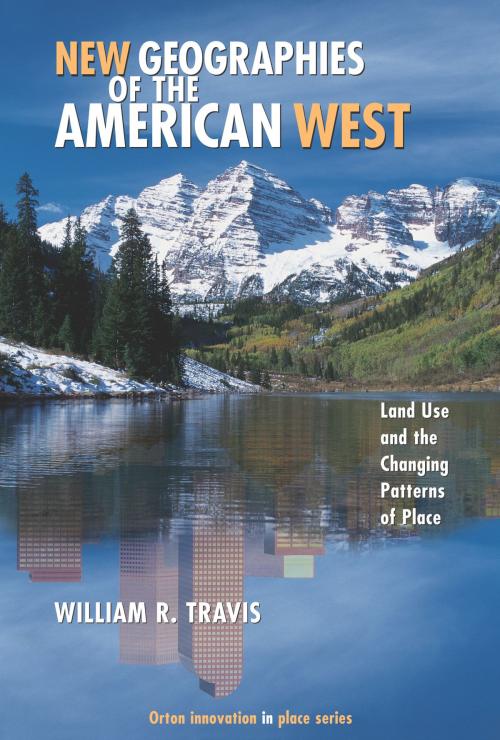New Geographies of the American West
Growth, Land Use, and the Future of the American West
Nonfiction, Art & Architecture, Architecture, Landscape, Planning| Author: | William Riebsame Travis | ISBN: | 9781597266147 |
| Publisher: | Island Press | Publication: | May 11, 2007 |
| Imprint: | Island Press | Language: | English |
| Author: | William Riebsame Travis |
| ISBN: | 9781597266147 |
| Publisher: | Island Press |
| Publication: | May 11, 2007 |
| Imprint: | Island Press |
| Language: | English |
Reconciling explosive growth with often majestic landscape defines New Geographies of the American West. Geographer William Travis examines contemporary land use changes and developmpatterns from theMississippi to the Pacific, and assesses the ecological and social outcomes of Western development.Unlike previous "boom" periods dependon oil or gold, the modern population explosion in the West reflects a sustained passion for living in this specific landscape. But the encroaching exurbs, ranchettes, and ski resorts are slicing away at the very environmthat Westerners cherish.Efforts to manage growth in the West are usually stymied at the state and local levels. Is it possible to improve developmpatterns within the West's traditional anti-planning, pro-growth milieu, or is a new model needed? Can the region develop sustainably, protecting and managing its defining wildness, while benefiting from it, too? Travis takes up the challenge , suggesting that functional and attractive settlemcan be embedded in preserved lands, working landscapes, and healthy ecologies.
Reconciling explosive growth with often majestic landscape defines New Geographies of the American West. Geographer William Travis examines contemporary land use changes and developmpatterns from theMississippi to the Pacific, and assesses the ecological and social outcomes of Western development.Unlike previous "boom" periods dependon oil or gold, the modern population explosion in the West reflects a sustained passion for living in this specific landscape. But the encroaching exurbs, ranchettes, and ski resorts are slicing away at the very environmthat Westerners cherish.Efforts to manage growth in the West are usually stymied at the state and local levels. Is it possible to improve developmpatterns within the West's traditional anti-planning, pro-growth milieu, or is a new model needed? Can the region develop sustainably, protecting and managing its defining wildness, while benefiting from it, too? Travis takes up the challenge , suggesting that functional and attractive settlemcan be embedded in preserved lands, working landscapes, and healthy ecologies.















